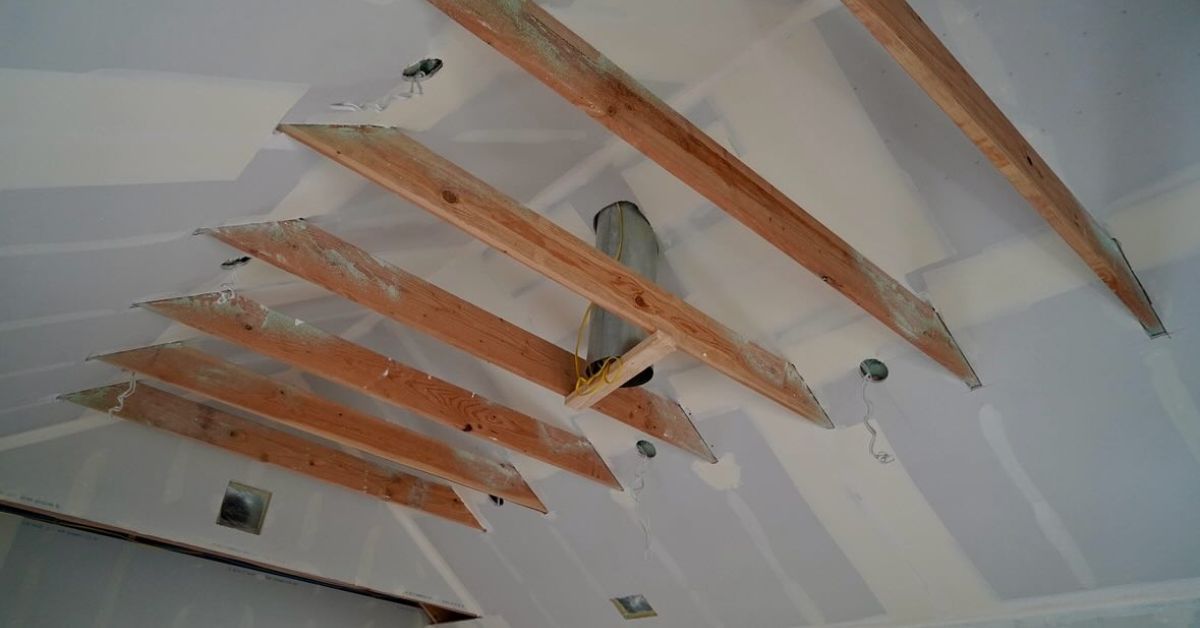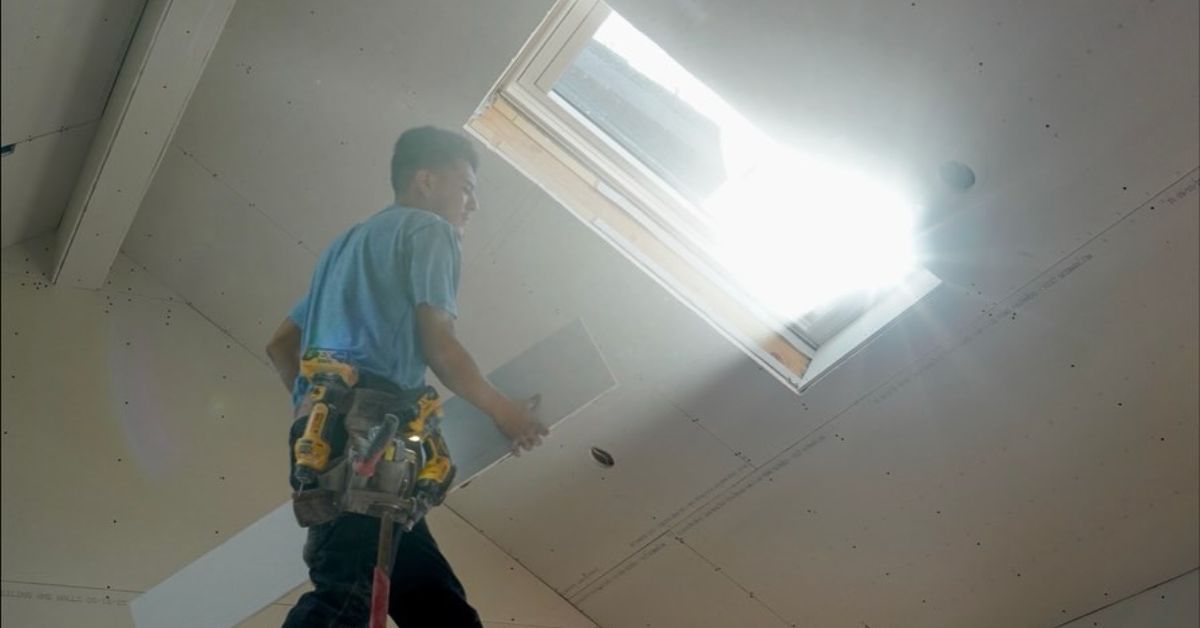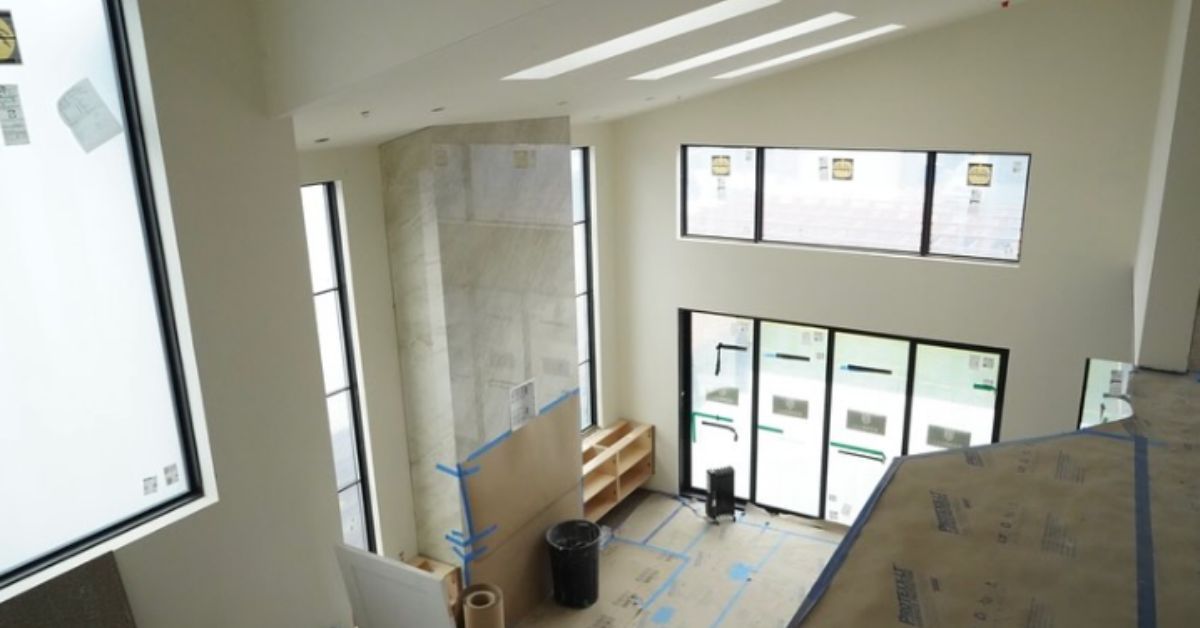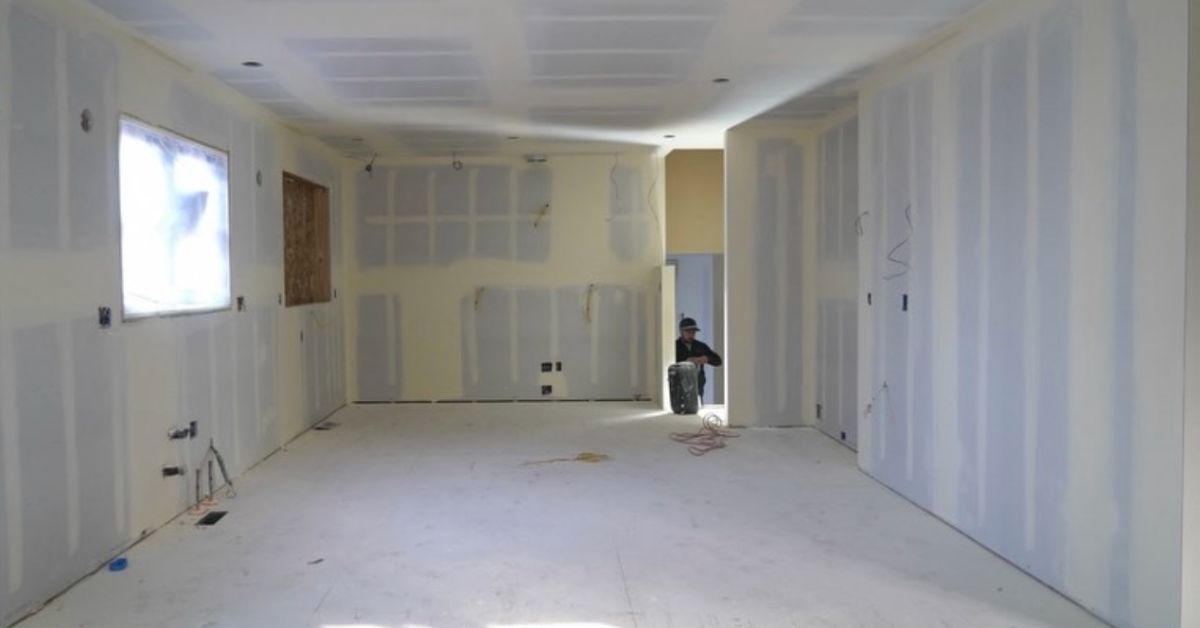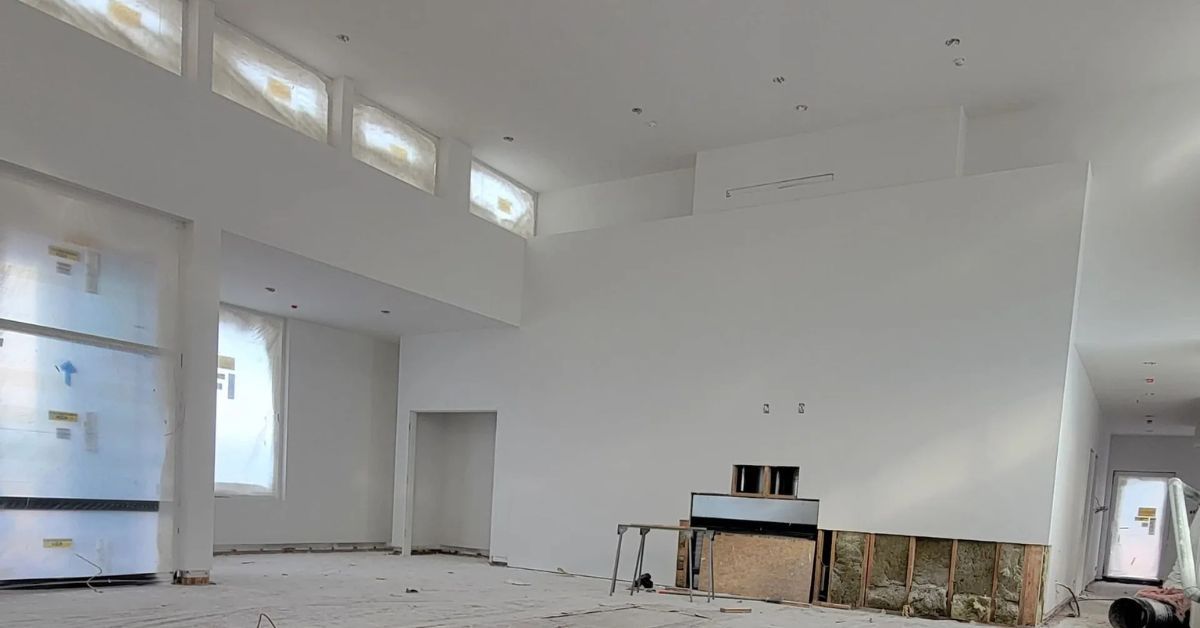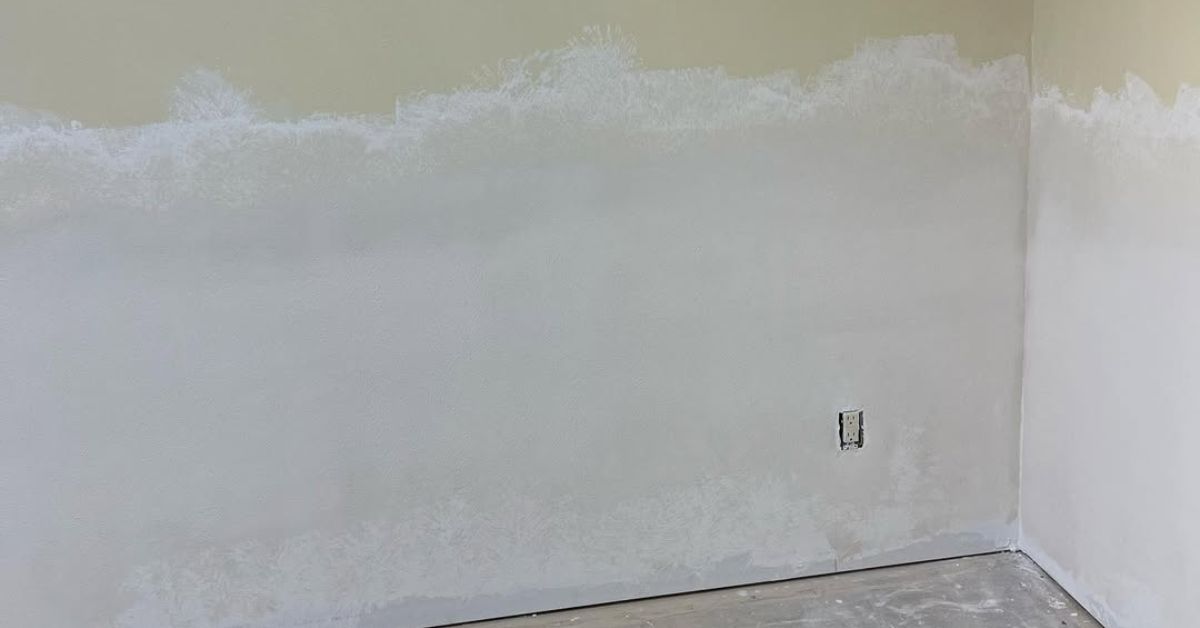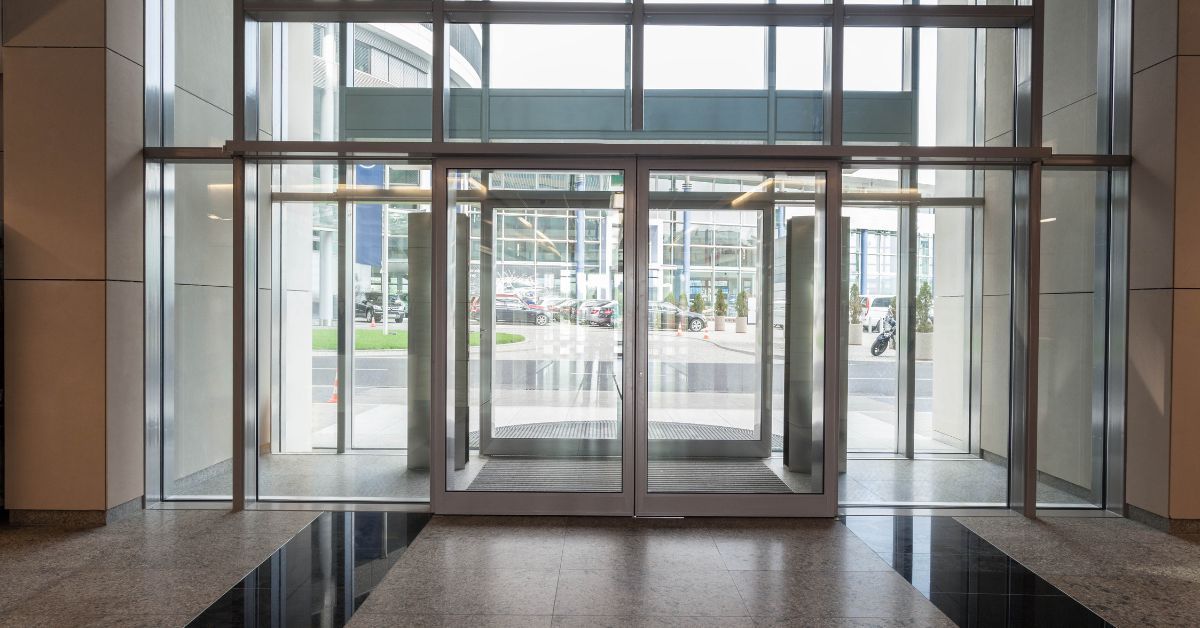Everything You Need To Know About the Purpose of Drywall
Whether you're a homeowner, contractor, or someone interested in home renovations, understanding the purpose and value of drywall is essential. This versatile material plays a critical role in modern construction, offering durability, affordability, and ease of use. Read on to learn everything you need to know about the purpose of drywall .
What Is Drywall?
Drywall, also called plasterboard, wallboard, or gypsum board, is one of the most commonly used materials for constructing interior walls and ceilings in residential and commercial buildings. It consists of pre-fabricated panels made of two sheets of heavy paper with a compressed gypsum core in between.
This composition makes it lightweight, durable, and easy to work with, allowing for quick installation and finishing. Its widespread use is due to its versatility, affordability, and ability to create smooth, professional-looking surfaces with minimal effort.
Why Use Drywall?
The main reason drywall is so common today is its ability to provide a strong, smooth, and durable surface for interior walls and ceilings. It serves as a solid foundation for paint, wallpaper, or other decorative finishes, allowing homeowners and businesses to create clean and polished interiors. Additionally, drywall is an excellent alternative to traditional plaster, as it is easier to install, less labor-intensive, and more cost-effective, making it a preferred choice in modern construction.
Fire Resistance
One of the most critical benefits of drywall is its fire-resistant properties, which enhance the safety of buildings. The gypsum core in drywall contains chemically bound water molecules that release as steam under high heat.
This process slows the spread of heat and fire, giving occupants more time to evacuate and reducing damage to the structure. Certain types of drywall, such as Type X boards, are specifically for enhanced fire resistance, often required in multi-family housing, commercial spaces, and areas with strict building codes.
Affordability
Drywall is significantly cheaper than traditional plaster, helping to keep construction and renovation projects within a reasonable budget. Its cost-effectiveness extends not only to materials but also to installation and labor costs, as you can get it installed much faster and with less specialized equipment or expertise. This quickness makes drywall an accessible choice for homeowners, DIY enthusiasts, and contractors working on projects ranging from small repairs to large-scale developments.
Ease of Installation
Compared to other building materials, drywall is relatively lightweight, which simplifies its transportation and installation process. You can easily work with professionals to cut panels to size, attach them to materials such as wood or metal, and you can finish it with joint compound and tape to create seamless surfaces.
Professional installers can quickly secure drywall panels, drastically reducing labor time and costs. This enhanced efficiency makes it an excellent choice for projects with tight timelines, whether in new construction or renovations.
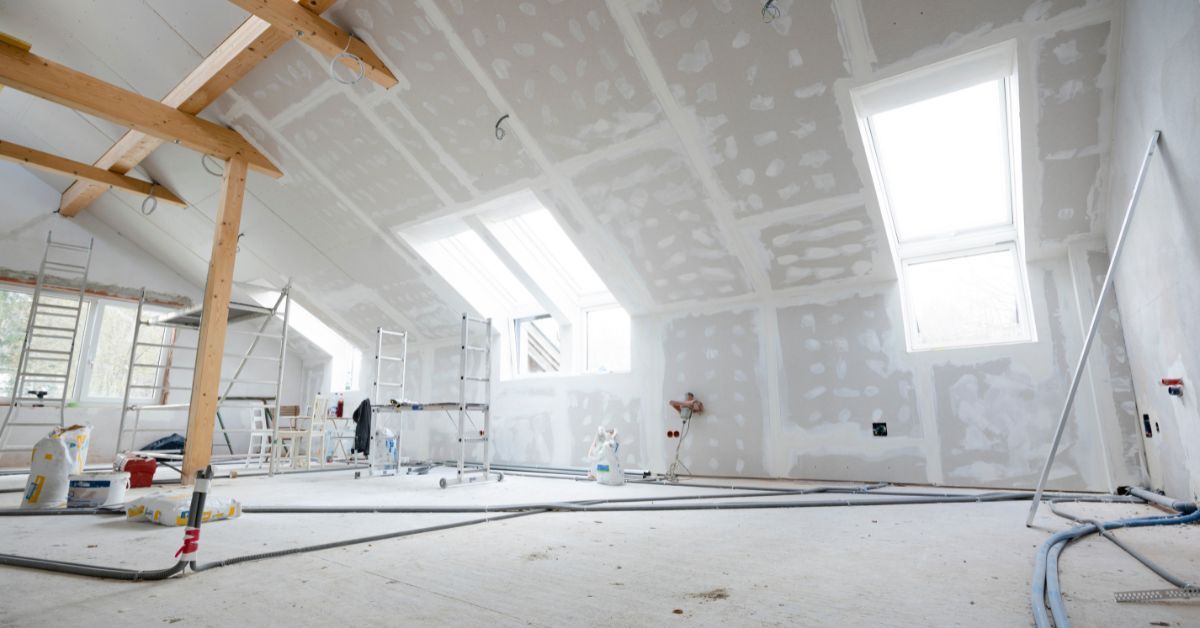
Versatility
Drywall panels come in various sizes, thicknesses, and types, making them suitable for a wide range of applications. Standard drywall is perfect for most interior walls and ceilings, while specialized panels, such as moisture-resistant or fire-rated boards, are ideal for more specific needs. Thinner drywall can create curved walls or decorative accents, while thicker, reinforced panels provide added strength for high-traffic areas, commercial spaces, or soundproofing purposes.
Durability
When properly installed and maintained, drywall can last for decades without requiring major repairs. It can withstand normal wear and tear, making it a reliable material for both residential and commercial applications. While minor dents or scratches can occur over time, they are easy to patch and repaint. With proper care, drywall provides a long-lasting and attractive interior finish.
Recyclability and Sustainability
Drywall is an environmentally friendly building material, thanks to its main component, gypsum, which is recyclable and reusable. Many manufacturers now produce drywall with recycled content, further reducing its environmental impact.
Additionally, advancements in production technology have made the drywall manufacturing process more energy-efficient. Using drywall in construction projects aligns with the growing demand for sustainable building practices, helping to minimize waste and conserve resources.
Moisture Resistance
In areas prone to high humidity, such as bathrooms, kitchens, and laundry rooms, moisture-resistant drywall is an essential choice. These panels come with a special coating to:
- Improve lifespan
- Prevent water absorption
- Reduce the risk of mold and mildew growth
Some types of moisture-resistant drywall, like green board or cement board, are for even tougher environments, such as shower walls or backsplashes, providing a long-lasting solution for damp spaces.
Installation Process
Installing drywall involves several key steps to ensure a smooth and professional finish. Panels fit the dimensions of the wall or ceiling, then secured to the framing using nails or screws. The seams between panels maintain their seal with joint tape and joint compound, which you sand down to create a clean and seamless surface.
Proper alignment and fastening are critical to avoid issues of sagging, cracking, or uneven surfaces. Skilled installers can complete the process quickly and efficiently, ensuring high-quality results.
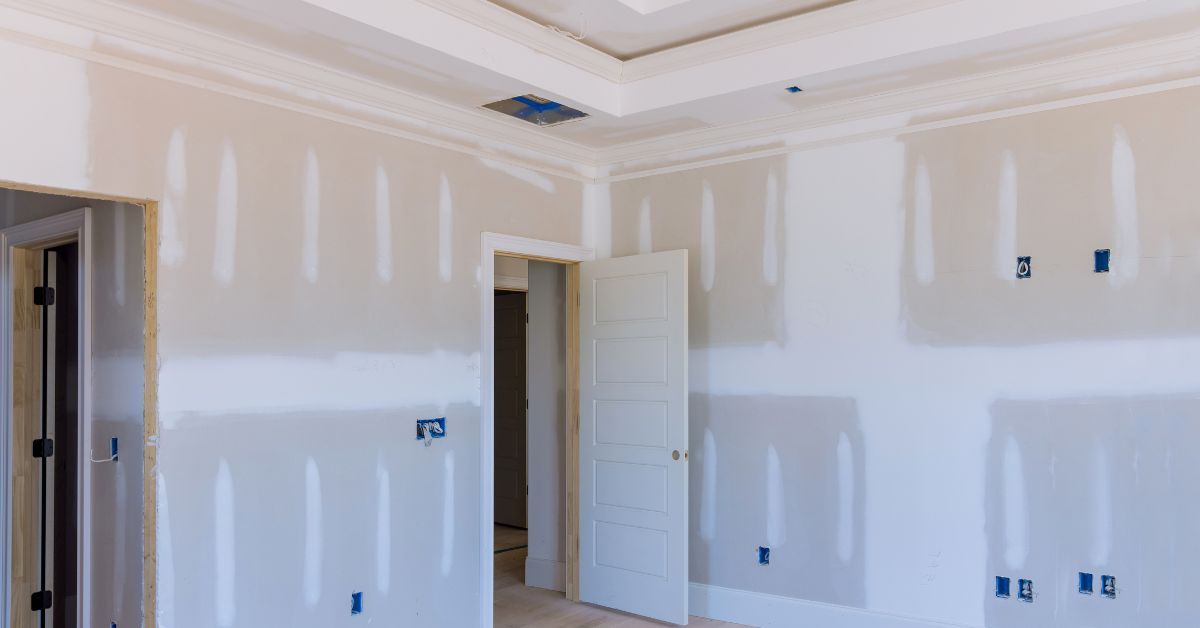
Custom Design Possibilities
Drywall’s flexibility and workability make it an excellent choice for creative and custom designs. You can always shape it into curved walls, archways, niches, or decorative features, adding unique architectural details to a space. Homeowners and designers often use drywall to create stylish accent walls, built-in shelving, or recessed lighting features, showcasing its versatility beyond standard flat surfaces.
Soundproofing Options
Drywall can significantly improve a space's acoustic properties, making it a popular choice for areas where noise reduction is important. Soundproof drywall, which features thicker gypsum cores or added insulation layers, is ideal for:
- Home offices
- Music studios
- Multi-family housing
It helps to minimize sound transmission between rooms, creating a quieter and more comfortable environment for residents or employees.
Commercial and Residential Applications
Drywall is a staple in both residential and commercial construction. In homes, it provides a practical and attractive finish for walls and ceilings, while in commercial buildings, it offers durability, fire safety, and soundproofing. Retail stores, offices, restaurants, and hospitality spaces all rely on drywall to create professional interiors that can withstand heavy use while maintaining a polished appearance.
Hiring Professionals for Installation
While drywall installation can be a DIY project for small repairs, larger jobs or complex designs often require the expertise of professionals. Hiring an experienced contractor ensures the drywall is properly aligned, securely fastened, and finished to perfection. Professionals also have the right tools and techniques to work efficiently, saving time and preventing costly mistakes.
When you know everything about the purpose of drywall , you can see just how reliable this material is, standing up to the test of time. Whether you’re undertaking a full renovation or a small home improvement project, understanding the purpose and benefits of drywall will help you make the right choice, and Rival Drywall can help. When you need high-quality residential drywall services , you need us on your side to bring your vision to life.

